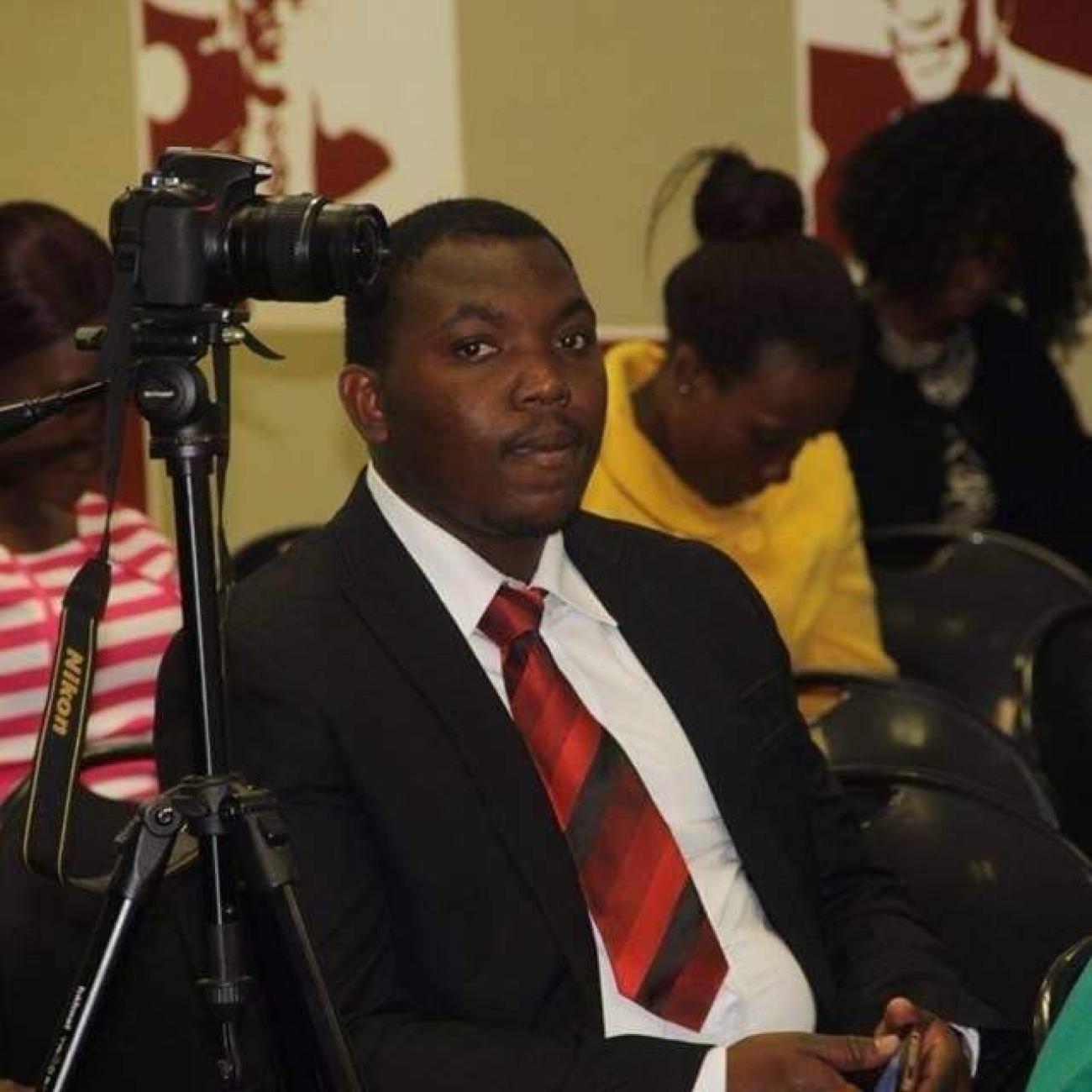Democracy is the interplay between elected power and servant leadership

Constitutional democracy should allow freedoms to be expressed by the electorate without fear or favour
*by Thomas Gwanzura
A constitutional democracy is best understood by the existence of a national constitution.
According to Power (2003), democratic governments should win elections, face public criticism and have a strong incentive to undertake measures that promote development.
The constitution is a legal instrument with set principles, norms and is accepted as the fundamental law of a country. A constitution is formulated through a democratic process inclusive of the interest of the citizens, observing human rights and promoting development.
Democracy is widely defined as a system of government by the population and where member of the state is elected representatives. Democracy is widely understood as power which is vested and exercised by the people.
The people’s interests are the ones that build the constitution and its effective implementation. I believe a constitutional democracy is also defined by the values, character and background of the society and country.
Values for constitution should align in respect of the peremptory norms, human rights, culture, and heritage. Constitutional democracy should allow freedoms to be expressed by the electorate without fear or favour.
I believe in a constitutional democracy transparency, honesty and people drive policies should prevail and their impact should solve the public problem defined by the people.
As many scholars try to define the meaning of constitutional democracy, Makumbe (2010), argues that achieving democracy especially in Africa is still a challenge whereby manipulation of policies, fear and other instruments of violence still occur through various leaderships. Therefore, there is continued need for advocacy among various groups on promoting effective democracy in Africa.
Furthermore, constitutional democracy means there is effective nation and state-building. The democracy should be free to discuss and deal with the past activities and should be done without any form of discrimination due to tribe, race, creed and or colour. In a constitutional democracy, the constitution should uphold its values and also control power as power will no longer be centralised (Power, 2003).
Power is distributed and there should be a birth of servant leadership, where the servants are the elected and the electorate uphold and maintain checks and balances of their interests.
In relation to my country Zimbabwe, a constitutional democracy should be built on the liberation vision, the “need to go to the bush”, and the reasons that activated the liberation struggle.
According to Clapham (2012), the essence of the liberation struggle was to bring democracy and peace to the masses. Hence the Liberation vision was to drive the development of the constitution with democratic principles related to the interests of the masses.
Therefore, as much as constitutional democracy is widely known and discusses, some African countries are still far from achieving and it is the role of the electorate to advocate for the full implementation of constitutional democracy.
* Thomas Gwanzura is a social science and humanities researcher. He is a young person enthusiastic about research on public policy, governance, politics among another related research.

















